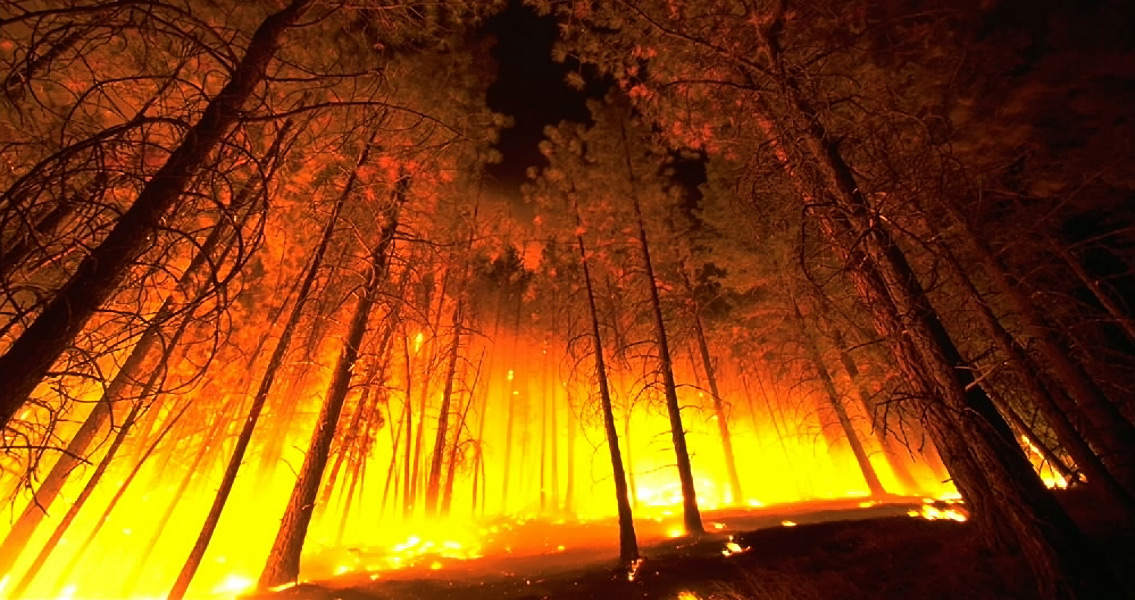<![CDATA[Research into wildfire history in northern Colorado over the last 2,000 years has indicated that these fires seem to be worsening over time – and that a warming climate is likely to be the culprit. The research team, led by University of Wyoming PhD candidate John Calder, discovered that even the most minor warming trends in the region – much like the one currently being felt – can result in wildfires growing nearly exponentially in size within the Rocky Mountains. Evidence for this was found by examining charcoal deposits sourced from a dozen lakes within northern Colorado’s Mount Zirkel Wilderness. Wildfires began to burn much larger regions of the area during a time known as the Medieval Warm Period (MWP), a period of time that began around 1,000 years ago and lasted around three centuries. The MWP led to increased temperatures of nearly 1 degree Fahrenheit during this period. Over the last few decades, temperature increases have been roughly in line with those caused by the MWP, with some of the most destructive and widespread wildfires in the American West having occurred in this time, starting with 1988’s series of fires within Yellowstone. Based on their findings, the researchers feel that the devastating fires ripping through the West at this very moment could grow even more devastating if the climate continues to grow warmer. The data supports this thesis. Over the 2,000 year time period examined by the scientists, the only periods where fires burned massive swathes of trees were during the twentieth century and the MWP. In an interview with Phys.Org, Calder said that the evidence suggests that it might have been quite uncommon to see wildfires of the magnitude the American West is experiencing right now in periods of the past. The study area, a region of 385 square miles, was 83 percent burned when the MWP began thanks to the 0.9 degree temperature hike. Meanwhile, temperatures across the Rockies have increased by around 1.25 degrees since 2000, which may have set the stage for the kinds of devastating forest fires that have been causing so much strife and destruction lately. In fact, in the 2002 Zirkel Complex fire alone, 12 percent of the study area burned, according to Calder. The new research may throw more fuel on the already raging fire on the debate around climate change not just in the United States but across the world. Anthropogenic, or human, sources of climate change have been widely accepted as the reason behind growing global temperatures, though there has been resistance to this hypothesis on a political level from right-wing policymakers in the US and abroad. Calder and his colleagues’ research findings were recently published and made available to the public by the journal the Proceedings of the National Academy of Sciences, a major scientific journal. Image courtesy of Wikimedia Commons user: www.pnas.org]]>
Historical Research Finds Wildfires Worsening Over Time
